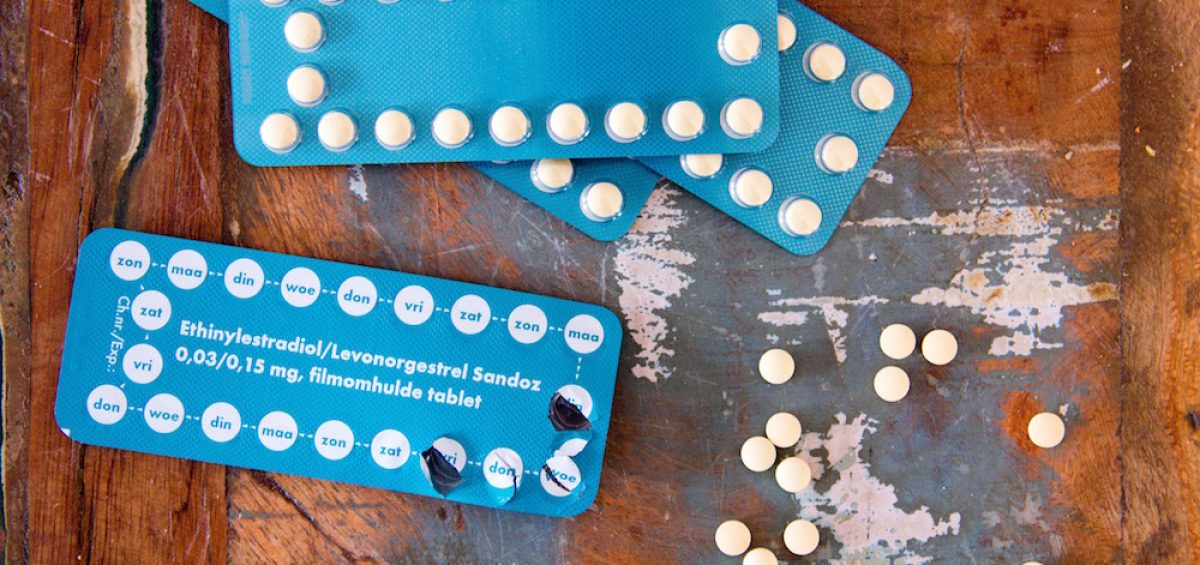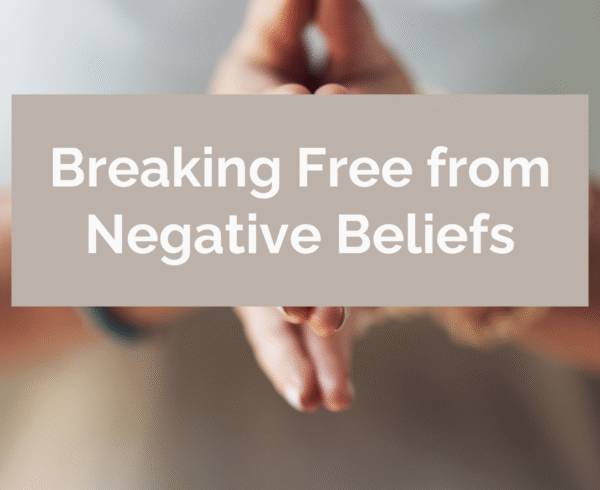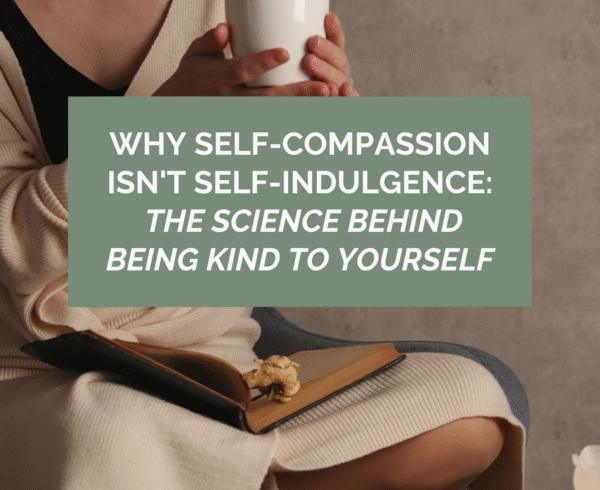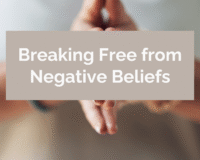Thank you to the women in the past few weeks who I have seen in my clinic who inspired me to write this post. It has definitely taken me some time to combine my knowledge and put together good quality research on this topic. I did start with 5 – but hey 11 is better!
Have you ever wondered what the pill might be doing to your body? Have you noticed unwanted changes in your mood, your weight, your skin or your sex life while taking it? Well, it just may be that tiny little pill is at the bottom of your problems!
With over 62% of women using the oral contraceptive pill (1), most women don’t give it a second thought. However, while the pill is both convenient and effective at preventing pregnancy, it also comes with some dangerous side effects!
According to the Food and Drug Administration, the effects of continuously raised oestrogen levels as a result of taking the oral contraceptive pill include potential increased risk of breast cancer, mood changes including anxiety and depression, weight gain, headaches and migraines, increased blood pressure, gallbladder or liver problems, potential increased risk of blood clotting, heart attack and stroke, breast tenderness, nausea, cramping, bladder infections and the list goes on (1).
Let’s Delve A Little Deeper
1. Weight Gain – The oral contraceptive pill does a number of things to the body that ultimately results in weight gain. Some oral contraceptive pills can actually elevate insulin levels (not good for people who already suffer from abnormal glucose metabolism, i.e. commonly seen with PCOS). Elevated insulin levels cause the body to store fat and stops the burning of fat that is already stored – ultimately causing weight gain. Also, pills that contain high levels of estrogen contribute to weight gain by increasing appetite and causing water retention. – What’s good for water retention? Other than getting off the pill – check out my blog on castor oil packs.
2. Depression – Many women that I see often blame themselves for their low mood and don’t take into consideration the potential link between this commonly used drug and depression. Finally, research is beginning to emerge linking the pill with depression. A recent Danish study of over 1 million women showed that the oral contraceptive pill significantly increases the risk of depression, especially in teenage women (2). The research found that women taking the combined oral contraceptive pill were 23% more likely to be diagnosed with depression, and those using progestin-only pills were 34% more likely. Teens were at an 80% increased risk when taking the combined pill, which doubled with the progestin-only pill. (3).
3. Decreased Sex Drive – Taking the pill for even just a few months can drastically reduce your libido (sex drive). Research has shown that the use of the oral contraceptive pill increases the production of Sex Hormone-Binding Globulin (SHBG). Increased levels of SHBG are associated with low libido. The pill also is known to drastically decrease testosterone and DHEA in women, leading to fewer sexual thoughts and less interest in sex (4). Although further long-term studies are required, current studies suggest that it can take years for these hormones and your libido to return to normal after the pill is stopped. It’s a little contradictory don’t you think? The pill is given as a contraceptive to prevent pregnancy during sex – but what’s the point in taking the pill if you never feel like sex? Crazy huh!
4. Migraines & Headaches – Migraines and headaches are a common side effect of the pill. Although it is said that the pill can help decrease headaches and migraines in women by “leveling” out estrogen – in some women it can actually cause headaches or migraines, or even exacerbate existing symptoms.
5. Hair Loss – Hair loss is such a common symptom I see among women who take the pill, including post-pill, and it can be extremely distressing. Unfortunately, it can take several months or years for pill-induced hair loss to occur, which is often why many women don’t make the link between their hair loss and the pill. The pill contains progestin (synthetic progesterone), which causes the hair to move from the growing phase to the resting phase too quickly – resulting in excessive hair loss. Although it is generally reversible after stopping the pill, it can still take several months to return to normal.
6. Post pill Acne – Although synthetic estrogens (found in the combined oral contraceptive pill) appear to clear up acne and dry up skin oils by decreasing circulating androgens, which in turn reduces the production of oil (sebum) –the reality is that the pill does NOT address the underlying cause of the condition. So when its time to come off the pill your previous acne comes back with a vengeance. This is because your body experiences a rebound effect of increasing androgens that causes sebum to skyrocket! Often Post-pill acne peaks at the 3-month mark. Commonly patients are advised to go back on the pill (biggest NO NO!) – however your just delaying the inevitable, as the issue will still be there when you decide to come off it – so my advice here is to be patient. Post pill acne can take some time to clear up but diet changes and natural medicines such as good quality zinc supplements can help reduce the outbreaks and shorten the timeframe.
7. Increases Cancer Risk – Studies have shown that women who take the pill are at a higher risk of developing breast cancer while on the pill, and for 10 years post-pill (5). The risk for breast cancer increases even further if there is a family history of the disease. The combined contraceptive pill also increases the risk of cervical cancer. Your risk of developing cervical cancer nearly doubles after 5 years on the oral contraceptive pill and remains an increased risk for 10 years post pill (6). An increased risk of liver cancer is also four-fold for women using the combined oral contraceptive pill (7).
8. Nutrient Deficiencies – Addressing nutrient deficiencies play a major role in my wellness programs to aid the healing process and it is something I address quite often in pill and post-pill users. The pill is known to deplete the body of magnesium, vitamin C, zinc and B vitamins. It not uncommon for you to experience iron deficiencies and magnesium deficiencies when taking the pill – and also when you come off it.
9. Lack of Periods – this is a frustrating topic for me as I see several women that have previously stopped the pill and noticed they didn’t get their period back for several months and then are advised to go back on the pill to “regulate their period”! First of all the pill does NOT regulate your period, it does quite the opposite! The bleeds that you experience while on the pill are just an illusion and are called “pill bleeds” and are not natural in any way. Going back on the pill is NOT the answer! It can take several months, even years, for your hormones to get back to normal, however with the help of natural medicines this can be a smoother and shorter process – although it’s important to be patient!
10. Fatal Blood Clots – Often women don’t realize the seriousness of blood clots – however although they might be rare, they are FATAL. Studies have shown that women who take the pill increase their risk of blood clots up to four-folds (8). The newer oral contraceptive pills are also showing higher risks than their older counterparts. In my opinion, it’s not worth the risk
11. Digestive Issues – Last but not least (especially because I’m all about the GUT)…. So are you eating all the right foods and still feeling bloated and gassy? – Well the pill could be contributing to this too. The pill, along with other chronic medication, alters the gut microbiome (your micorbiome is like an eco-system made up of bacteria – good, bad or otherwise), which can lead to ill gut health (no matter how much kefir, probiotics or kimchi you are consuming). And to add to this, women who take the pill for more than five years have a three-fold increased risk of developing Crohn’s disease (9) (I’ve been there and its not a nice disease to have!).
Remember – symptoms are not always immediate, they can gradually happen over time, which can deter you from making the connection with your health and the pill.
What’s the Natural Alternative?
There are a number of reasons why women are prescribed the pill (some have been mentioned above i.e. to “regulate their period” or for “acne” – the pill is not the answer for either of these two. It is however a good contraceptive – but there are other alternatives that allow your body to do it’s thing (naturally). Condoms and charting hormones (there are plenty of paid and free amazing apps out there to help you with this) are the two top alternatives. The Copper IUD may also be an option for some women.
What Can You Do If You’re Coming Off The Pill? Ill leave this one for another post – however the best thing is to check in to a Naturopath (Like me!). A Naturopath can help you to identify what is going on with your body and prescribe you the best diet to help you get back on track, along with natural medicines to rebalance the body.
1











Leave a Comment